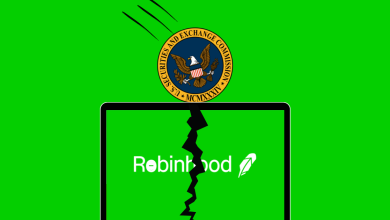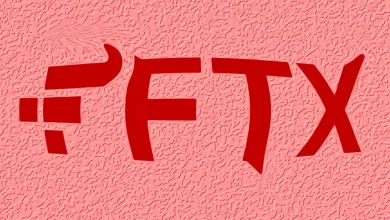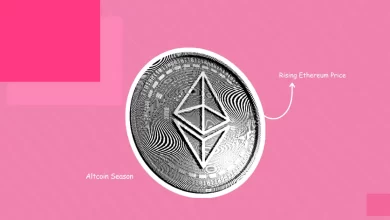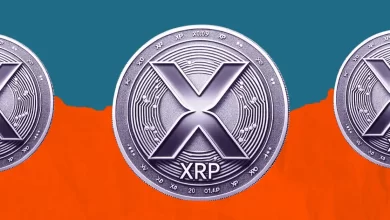Ripple vs. SEC: Deadline Extended in XRP Lawsuit, SEC to Respond in 3 Days
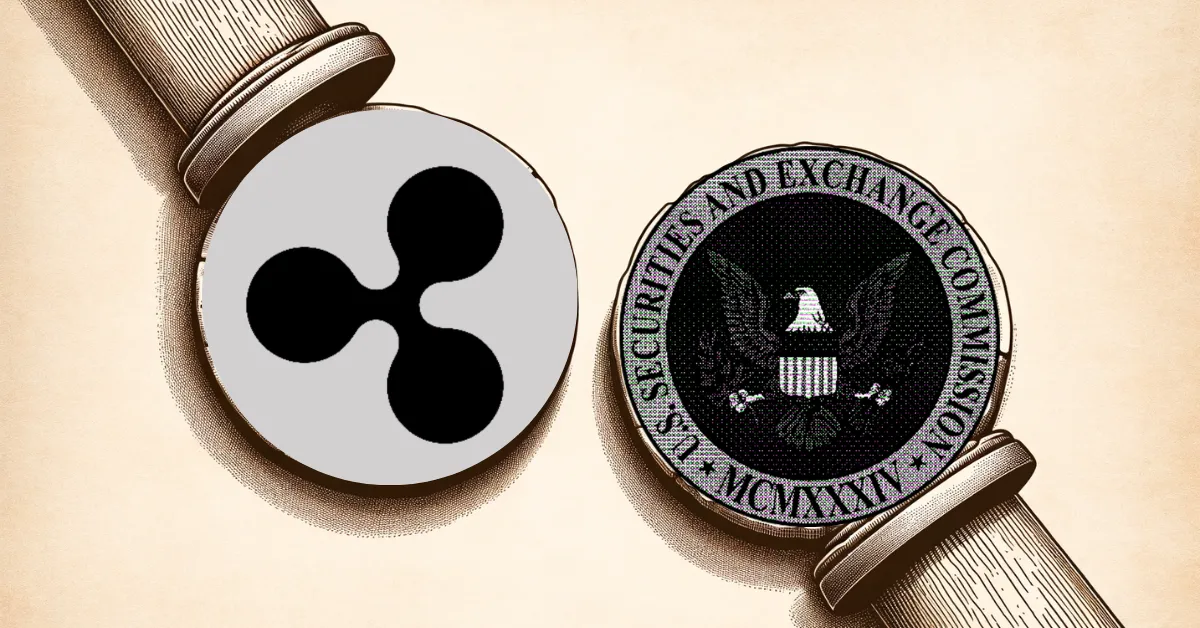
The judge overseeing the Ripple vs. SEC case remains the same, which is seen as positive for Ripple by the crypto community.
Both sides are finalizing arguments - Ripple contests the SEC's high penalties and disgorgement demands.
The outcome of this case has implications for how cryptocurrencies are regulated in the US.
Magistrate Judge Sarah Netburn has issued a new scheduling order in the years-long legal battle between Ripple Labs and the United States Securities and Exchange Commission.
Judge Netburn’s recent nomination as District Judge in the Southern District of New York has not impacted her role in the Ripple vs. SEC case, where she has continued to preside with a reputation for fair rulings. This is viewed as a positive sign by the crypto community, considering her history of rulings in this case.
Taking on the SEC
After Judge Netburn was nominated to preside over the Ripple vs SEC case, the respected judge granted an extension for the SEC to file their rebuttal to Ripple’s motion until April 29, 2024.
Following this, Ripple will have three business days to respond.
This order is crucial as it addresses Ripple’s motion to dismiss the SEC’s recent expert submissions, which seek to strengthen the SEC’s case for remedies and a final judgment.
Also Check Out: Incoming Ripple Stablecoin Raises Questions: Is This the End of XRP?
Clash of the Titans
At the heart of Ripple’s resistance lies the objection to the SEC’s proposed civil penalties, proposing a more modest settlement of $10 million against the SEC’s towering demand of $2 billion.
To support their stance, the defendants have also cited the Govil case which highlights the lack of evidence for future violations or reckless behaviour in its institutional XRP sales. Ripple argues that legitimate business expenses should be deducted from any disgorgement calculations.
A key point in Ripple’s defence has been the argument that its On-Demand Liquidity (ODL) sales do not constitute investment contracts, as alleged by the SEC. Customers hold XRP for only a few seconds to facilitate cross-border payments, indicating that the primary use of ODL is for transactional purposes, not investment.
XRP: Transactional Tool or Investment Instrument?
Ripple’s case rests on the claim that XRP is not intended to be an investment vehicle. This argument is central to refuting the SEC’s classification of XRP as a security.
By maintaining its arguments that the SEC has not proven reckless behaviour or a high probability of future violations, Ripple aims to discredit the SEC’s demand for disgorgement and large civil penalties.
Read Also: XRP Price Prediction: Here’s How Traders Can Turn $4K to $105K!
The Ripple vs. SEC case has far-reaching consequences. Learn more about XRP and the future of cryptocurrency regulation right here on Coinpedia.


